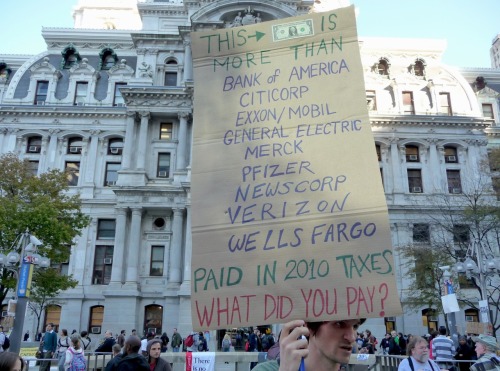He was a fairly well dressed and sometimes well spoken middle-aged man, and he wanted to talk to me about Walt Disney. This request alone was enough to pique my interest. But then, he surprised me. “Walt Disney,” he said, “was a whore…Look at how much money he made out of Snow White….Why can’t I use it in my mashups?”Actually, Walt Disney's corporation is a perfect example of how big corporations can bend the government to suit their purposes in ways that benefit them and crowd the public out of their own moneymaking and artistic endeavors.
Walt Disney made a lot of money from Snow White, something my friend considers unfair. But then Walt and his brother Roy also took a lot of risk. Originally estimating that the movie would cost $250,000 to make, the final bill ended up at around $1.5 million. During the three grueling years of production, Walt was almost universally laughed at for his ambition, including by his wife and brother. In the industry the project was known as “Disney’s Folly,” in part because the studio quite literally had to invent most of the processes necessary for the production of a full-length animated film. It had never been done before, and he was banking the studio’s future on it turning out alright. Through sheer will and charisma, and the hard if skeptical work of his brother Roy, Walt managed to borrow enough money to realize his vision. And here is the kicker — Walt remortgaged his house to help pay for it.
I told my friend this in response to his appraisal, albeit in less detail. His response: “So? I’ve lost my house twice.”
What we should have absolutely no sympathy for whatsoever, however, is the naked rejection of the American system, as espoused by my Disney-hating friend. Whatever one thinks of Wall Street, Walt Disney won fair and square and deserves our admiration not our oppobrium. It is this sort of attitude, encountered widely, that devastates the protester’s cause.
Until 1998, a movie like "Snow White"—that is, a work of "corporate authorship"—would've been under copyright for 75 years. Under that law, Disney's movie would've entered the public domain ... next year, making it possible for Cooke's protester to use the video in his mashup without fear. Something new and interesting might've been born of it.
But the Walt Disney corporation managed to use the power of its lobbying muscle to have the law revised with passage of the Copyright Term Extension Act. Now works of corporate authorship are protected for 120 years. "Snow White" won't be lawfully available for mashups until ... 2057. Assuming Disney hasn't had the law changed again by then.
There's a reason for copyrights—so that creators can reap the rewards of their work—but, once upon a time, there was a good reason for limited copyright terms: So other creators could take those ideas, build on them, create new innovations, and extend the vitality of capitalism.
And it's a good thing, too: "Snow White" was available for Walt Disney to use and fashion into something new, beautiful, and profitable because it was in the public domain. Walt Disney took risk, sure. His corporation is keeping others from acting similarly. That's not the "fair and square" victory Cooke claims.





